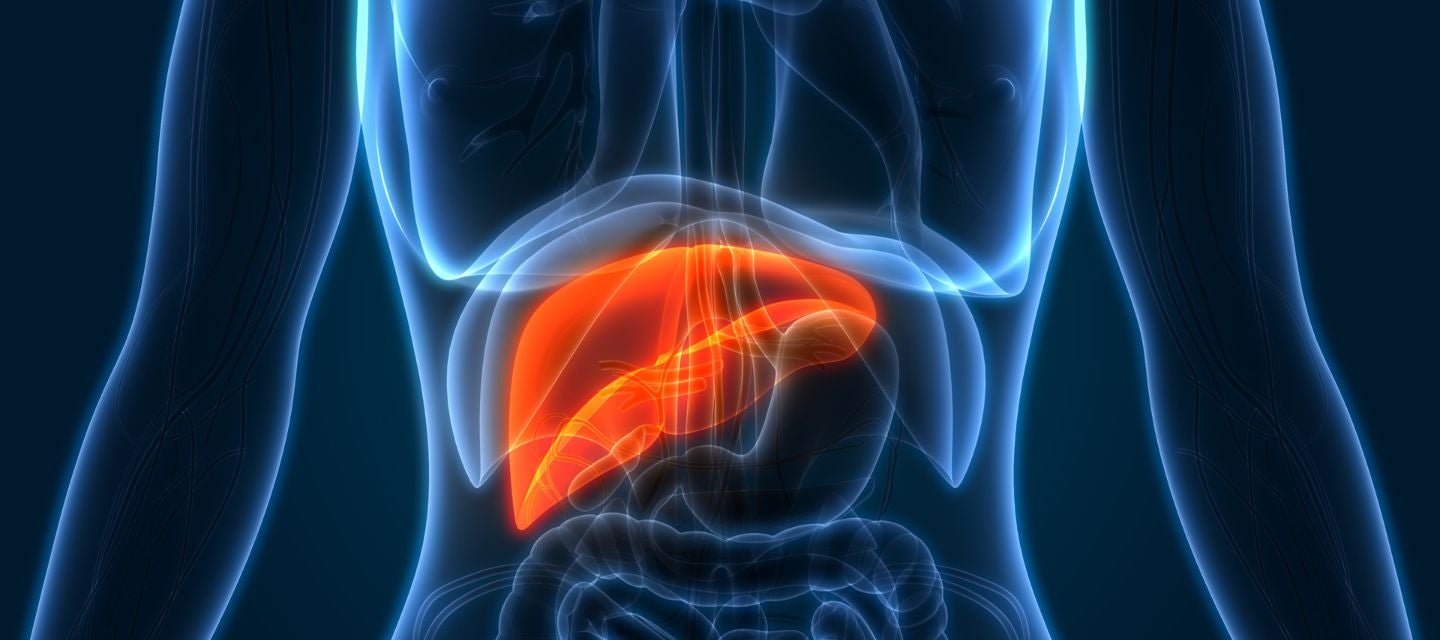How Does Liver Cirrhosis Progress Over Time?
Liver cirrhosis is a chronic condition that gradually affects the liver’s ability to function. It results from long-term damage, leading to the replacement of healthy liver tissue with scar tissue. This scarring disrupts normal liver processes, affecting metabolism, detoxification, and protein production. As the condition progresses, complications arise, impacting overall health. Understanding how liver cirrhosis advances is crucial in seeking appropriate medical intervention. Doctors play a vital role in diagnosing, monitoring, and managing the disease effectively. Seeking expert medical consultation is essential, especially for individuals considering treatment options for Liver Cirrhosis in Dubai.
Early Stage of Liver Cirrhosis
In the initial phase, liver damage is minimal, and symptoms are often undetectable. The liver still functions efficiently, compensating for the affected areas. During this stage, doctors focus on identifying underlying causes through medical history, imaging, and liver function tests. Early diagnosis allows healthcare professionals to monitor progression and recommend lifestyle modifications to prevent further deterioration.
Intermediate Stage of Liver Cirrhosis
As cirrhosis advances, scar tissue begins to interfere with liver function. Patients may experience fatigue, mild jaundice, and digestive disturbances. Medical professionals conduct advanced diagnostic tests, including liver biopsies and elastography, to assess fibrosis levels. Gastroenterologists and hepatologists closely monitor the liver's efficiency, ensuring timely medical evaluations to slow progression.

Advanced Stage of Liver Cirrhosis
At this stage, liver function significantly declines, leading to noticeable symptoms such as fluid retention, severe jaundice, and cognitive impairment. Medical specialists perform endoscopic assessments to check for complications like varices and portal hypertension. Regular monitoring with blood tests and imaging helps doctors determine the severity of liver dysfunction, guiding further treatment plans.
End-Stage Liver Disease (ESLD)
In the final phase, the liver loses its ability to function properly, leading to life-threatening complications such as hepatic encephalopathy and organ failure. Doctors focus on managing symptoms and complications through specialized care, including nutritional support and liver function monitoring. In severe cases, a liver transplant may be the only viable option, requiring careful evaluation by transplant specialists.
Doctors’ Approach to Liver Cirrhosis Management
Physicians specializing in hepatology and gastroenterology develop personalized treatment plans based on disease progression. They conduct regular evaluations to track liver health and assess risk factors. Diagnostic imaging, blood tests, and liver function assessments are essential in guiding clinical decisions. Physicians also provide dietary recommendations to ease liver strain and promote overall well-being.
The Importance of Regular Monitoring
Continuous medical checkups allow doctors to detect complications early. Imaging techniques such as MRI and CT scans provide detailed insights into liver structure. Endoscopic procedures help assess gastrointestinal complications, ensuring timely intervention. Regular liver function tests help healthcare professionals adjust treatment plans according to disease progression.
The Role of Specialized Liver Clinics
Dedicated liver clinics offer comprehensive care, including multidisciplinary consultations with hepatologists, dietitians, and radiologists. These clinics provide tailored treatment plans to manage cirrhosis effectively. With advanced medical technology and expert supervision, patients receive optimal care to enhance their quality of life.
Lifestyle Modifications Under Medical Supervision
Doctors emphasize lifestyle changes to slow disease progression. Nutritional counseling, guided exercise routines, and controlled fluid intake contribute to liver health. Medical professionals provide expert advice on maintaining a balanced diet, minimizing toxin exposure, and improving overall well-being through supervised lifestyle adjustments.
Benefits of Timely Medical Consultation
Seeking expert medical guidance offers numerous advantages, including:
Early detection of complications
Personalized treatment strategies
Continuous monitoring to track disease progression
Advanced diagnostic and imaging techniques
Expert nutritional and lifestyle recommendations
FAQs
What are the first signs of liver cirrhosis?Early symptoms include fatigue, mild jaundice, nausea, and unexplained weight loss. However, the disease can remain asymptomatic in the initial stages.
How do doctors diagnose liver cirrhosis?Doctors use blood tests, imaging techniques like ultrasound and MRI, and sometimes liver biopsies to confirm the diagnosis and assess the extent of liver damage.
Can liver cirrhosis be reversed?Cirrhosis-related damage is usually irreversible, but early detection and medical intervention can help manage symptoms and slow disease progression.
What complications arise in advanced liver cirrhosis?Severe complications include fluid buildup (ascites), bleeding varices, hepatic encephalopathy, and organ failure, requiring specialized medical care.
Why is regular monitoring important for cirrhosis patients?Regular checkups help detect complications early, allowing doctors to modify treatment plans and improve patient outcomes.
Conclusion
Liver cirrhosis is a progressive disease that requires continuous medical supervision to manage effectively. Understanding its progression and seeking timely intervention from experienced doctors can significantly improve quality of life. Expert medical care, combined with regular monitoring and lifestyle modifications, plays a crucial role in controlling the disease. Those exploring advanced treatment options should consider professional consultation for Liver Cirrhosis in Dubai.